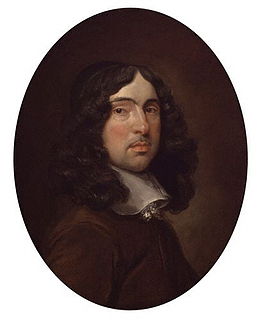A Quote by Albert Einstein
Out yonder there was this huge world...which stands before us like a great eternal riddle.
Related Quotes
Not only is there no guarantee of the temporal immortality of the human soul, that is to say of its eternal survival after death; but, in any case, this assumption completely fails to accomplish the purpose for which it has always been intended. Or is some riddle solved by my surviving forever? Is not this eternal life itself as much of a riddle as our present life?
God himself was once as we are now, and is an exalted man, and sits enthroned in yonder heavens! That is the great secret.... It is the first principle of the Gospel to know for a certainty the Character of God, and to know... that he was once a man like us.... Here, then, is eternal life - to know the only wise and true God; and you have got to learn how to be Gods yourselves... the same as all Gods have done before you.
The world of imagination is the world of eternity. It is the divine bosom into which we shall all go after the death of the vegetated [i.e. mortal] body. This world of imagination is infinite and eternal, whereas the world of generation is finite and temporal. There exist in that eternal world the eternal realities of everything which we see reflected in this vegetable glass of nature.
Life eternal is to live in unity, in families, with the Father, the Son, and the Holy Ghost. Eternal life is only possible through the keys of the priesthood of God, which were restored through the Prophet Joseph Smith. Holding that eternal goal before the youth you lead is as great a gift as you could give them.
To-day, to-morrow, every day, to thousands the end of the world is close at hand. And why should we fear it? We walk here, as it were, in the crypts of life; at times, from the great cathedral above us, we can hear the organ and the chanting choir; we see the light stream through the open door, when some friend goes up before us; and shall we fear to mount the narrow staircase of the grave that leads us out of this uncertain twilight into life eternal?
For myself, I am interested in science and in philosophy only because I want to learn something about the riddle of the world in which we live, and the riddle of man's knowledge of that world. And I believe that only a revival of interest in these riddles can save the sciences and philosophy from an obscurantist faith in the expert's special skill and in his personal knowledge and authority.
The scientist is not much given to talking of the riddle of the universe. "Riddle" is not a scientific term. The conception of a riddle is "something which can he solved." And hence the scientist does not use that popular phrase. We don't know the why of anything. On that matter we are no further advanced than was the cavedweller. The scientist is contented if he can contribute something toward the knowledge of what is and how it is.



































